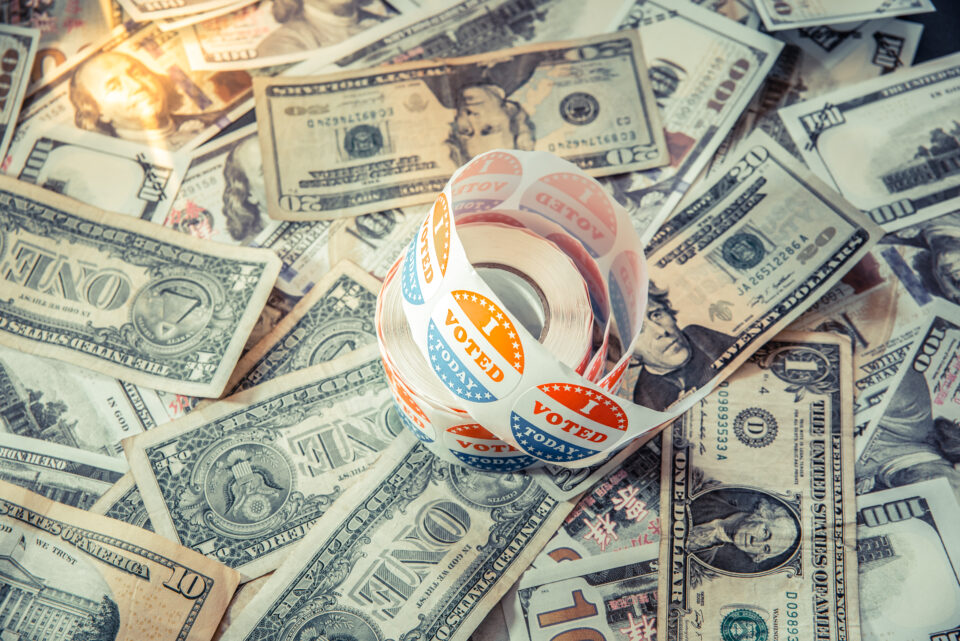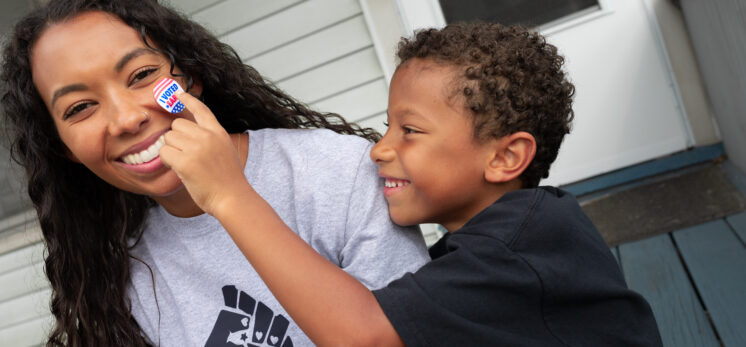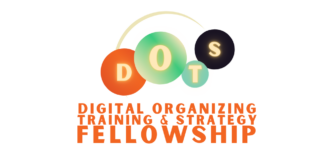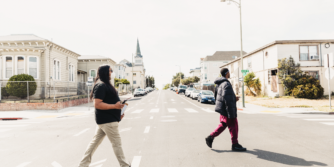Dear Oaklanders,
It’s been 12 years since the Supreme Court’s landmark ruling in Citizens United and political spending is still considered First Amendment protected speech. Wealthy donors are still spending huge amounts of money to influence and elect local officials, and you still can’t do anything about it. Or can you?
In Citizens United, the Supreme Court allowed wealthy donors, corporations, and special interest groups to spend unlimited amounts of independent money on elections. Since that decision, wealthy donors have felt emboldened and have used exorbitant amounts of money to influence elections. Effectively, this has effectively created two types of election systems: one for the wealthy and special interest groups, and one for the rest of us.
When wealthy donors and special interest groups can influence elections, it should not surprise us that candidates and lawmakers are motivated to cater to those interests. The net result? The interests of those who donate overshadow the voices of regular people, including working-class people and communities of color, who are left to fight for the leftover attention of candidates and elected officials.

Because the Supreme Court has created an election system that is more responsive to wealthy donors, elections have become less democratic. This problem is worsening locally, too. In Oakland, a recent report found that the 2020 city and school races were overcome by a wave of influential donations from wealthy individuals and corporate groups. Even more concerning, more than half of campaign contributions during the 2014, 2016, and 2018 city elections came from people or groups outside of Oakland. Even smaller races are not immune to wealthy donor influence. In 2020, over $1 million in independent expenditure donations targeted the 2020 Oakland school board race, thanks to major contributions from multiple billionaires.
This is not just a campaign finance issue. This is also a racial justice issue. In 2014, 2016, and 2018, most of the donations from within Oakland originated in wealthy, predominantly white neighborhoods clustered together.
But why should you care? Why should you care about Citizens United or if wealthy donors contribute outrageous amounts of money to influence and elect local lawmakers? Because our elections should be open to all. Local races matter, and we all deserve an equal say over the decisions that affect our lives.
What if there was a way to break the grip of money from wealthy donors and empower regular people, like you and I, to have the same opportunity to meaningfully impact elections? A way that makes candidates and local politicians more responsive to our needs? A way to create a democracy that amplifies the voices of regular people and puts on equal footing a larger universe of candidates – candidates who look like us, speak like us, experience Oakland the way we do – to run for local office and win?
Yes, it is true that corporations and other large donors will continue to spend small fortunes on local campaigns and, without reforms at the federal level, there is little that any of us can do to stop it. That is simply the reality of a Supreme Court decision like Citizens United. However, there is a solution that can make our local democracy more robust, more fair, and more inclusive: Democracy Dollars.

Under a Democracy Dollars system, the city issues each eligible resident vouchers. Usually in the form of four $25 vouchers, residents are then free to “donate” or “contribute” to qualifying candidates and campaigns of their choice. This puts political giving power in the hands of families, neighborhoods, and communities that otherwise have little to none, and it creates a system where participating candidates are incentivized to seek small-dollar contributions from lots of people instead of big donations from a select few. This would boost the power of small donors and allow community-backed candidates to run competitive campaigns without wealthy backers.
Seattle has proven this works. Data from Seattle, which uses Democracy Dollars, shows that it increases the diversity of the donor pool, increases the diversity of the candidate pool, catalyzes more small donors in local elections, and actually increases voter turnout.
In a post-Citizens United world, the real problem isn’t how much is being spent by wealthy donors – there’s unfortunately little we can do about that. But we don’t need to give in to cynicism. We can make sure that the voices and contributions of regular people are heard in local elections. To make sure that democracy works for everyone, we need to make reforms like Democracy Dollars in Oakland and other cities around the Bay. Join our campaign to learn more about democracy dollars and how we can make change happen.
In Solidarity,
José Del Río III
Money In Politics Program Manager
California Common Cause
on behalf of the Oakland Democracy Dollars coalition




